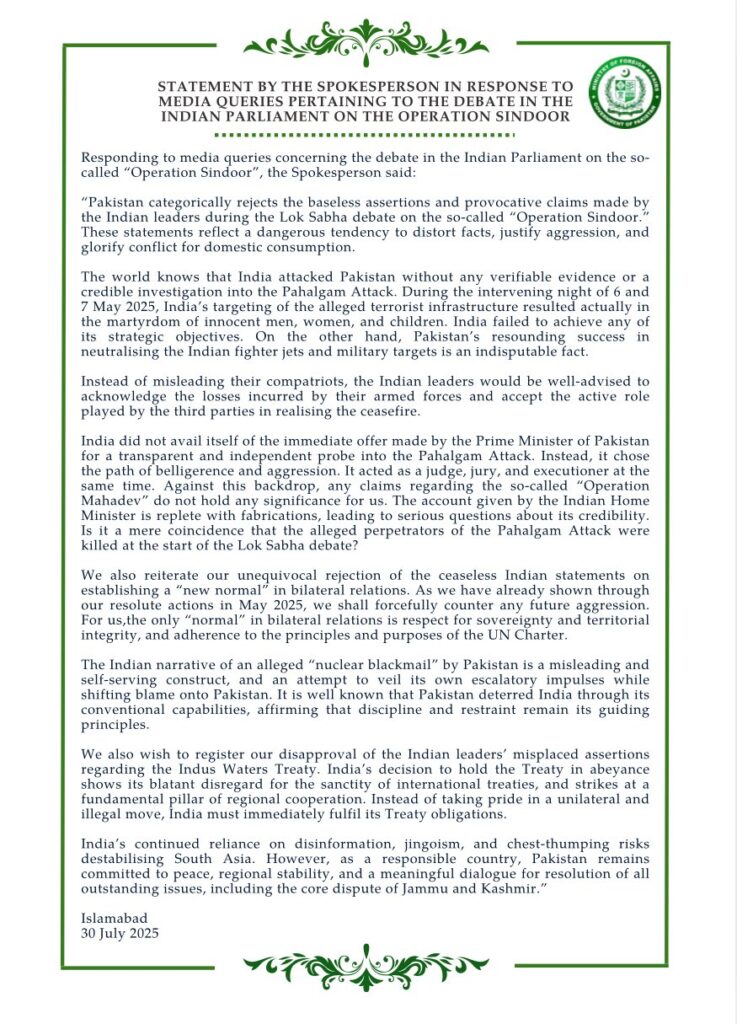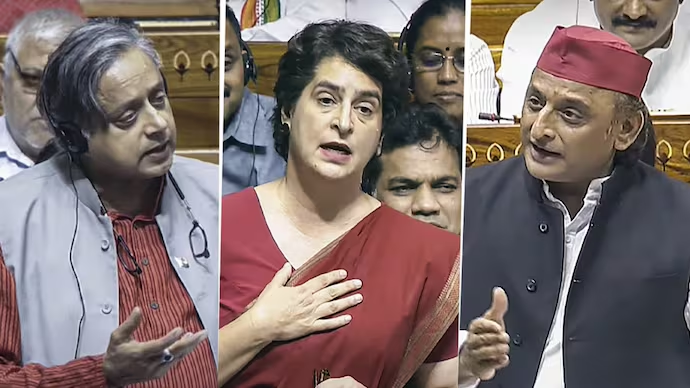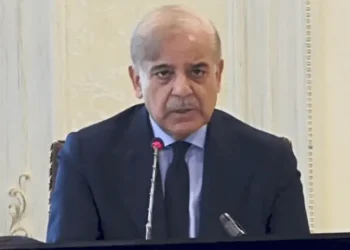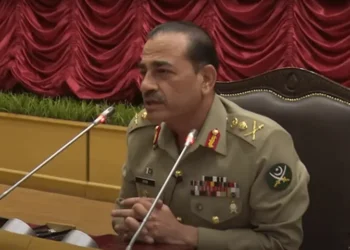ISLAMABAD; Pakistan on Wednesday strongly rejected the Indian parliament’s discussion on the so-called “Operation Sindoor”, condemning it as a deliberate distortion of facts and an attempt to justify military aggression against Pakistan for domestic political gain.
The remarks came in response to statements made during a debate in India’s Lok Sabha, where Indian Home Minister Amit Shah claimed that three alleged Pakistani nationals involved in the April 22 Pahalgam attack were killed by Indian security forces in “Operation Mahadev”. Pakistan’s Foreign Office (FO), however, denounced the entire narrative as baseless and misleading.
In a statement issued by Foreign Office Spokesperson Ambassador Shafqat Ali Khan, Pakistan categorically rejected what it called “provocative claims and unsubstantiated allegations” made by Indian leaders. The FO said the statements reflect a growing tendency in India to fabricate facts and glorify conflict, especially for political mileage in the lead-up to the elections.

The background to this confrontation stems from the Pahalgam incident earlier this year, where India accused Pakistan of being behind an attack without providing any credible evidence or conducting an independent investigation. This accusation led to a serious military escalation between the two nuclear-armed neighbors. On May 6–7, India launched air strikes into Pakistani territory, resulting in civilian casualties, including women and children. A week-long exchange of missile fire followed, before a ceasefire was brokered by the United States.
The FO spokesperson emphasized that India’s actions were not only disproportionate but also strategically unsuccessful. “India failed to achieve any of its stated objectives. In contrast, Pakistan’s effective response, which included shooting down Indian fighter jets and striking key military targets, demonstrated its strong defense capabilities,” the statement said.
The FO questioned the timing and content of Shah’s claims, noting that the alleged elimination of the Pahalgam attackers coincided conspicuously with the parliamentary debate. “Is it just a coincidence, or a political narrative crafted for convenience?” the statement asked, pointing to inconsistencies and lack of transparency in the Indian account.
Ambassador Khan also reminded New Delhi of Prime Minister Shehbaz Sharif’s earlier offer to hold a transparent, international probe into the Pahalgam incident—a proposal India ignored. Instead, the FO said, India “chose the path of belligerence” and “acted as judge, jury, and executioner.”
The statement also rejected India’s talk of establishing a “new normal” in bilateral relations through military actions and ridiculed New Delhi’s accusations of “nuclear blackmail” by Pakistan. The FO called such narratives self-serving and misleading, designed to deflect from India’s own escalation and warmongering.
On another front, the FO condemned India’s stance on the Indus Waters Treaty, describing New Delhi’s suspension of the agreement as a violation of international obligations and a threat to regional stability. “India’s disregard for the sanctity of international treaties undermines the very foundation of regional cooperation,” the spokesperson added.
Reaffirming Pakistan’s commitment to peace and regional stability, the FO reiterated that Islamabad remains a responsible state, guided by restraint and international norms. It called for a return to dialogue based on mutual respect, sovereignty, and adherence to the UN Charter, urging India to abandon disinformation and militaristic posturing in favor of constructive engagement.





































































